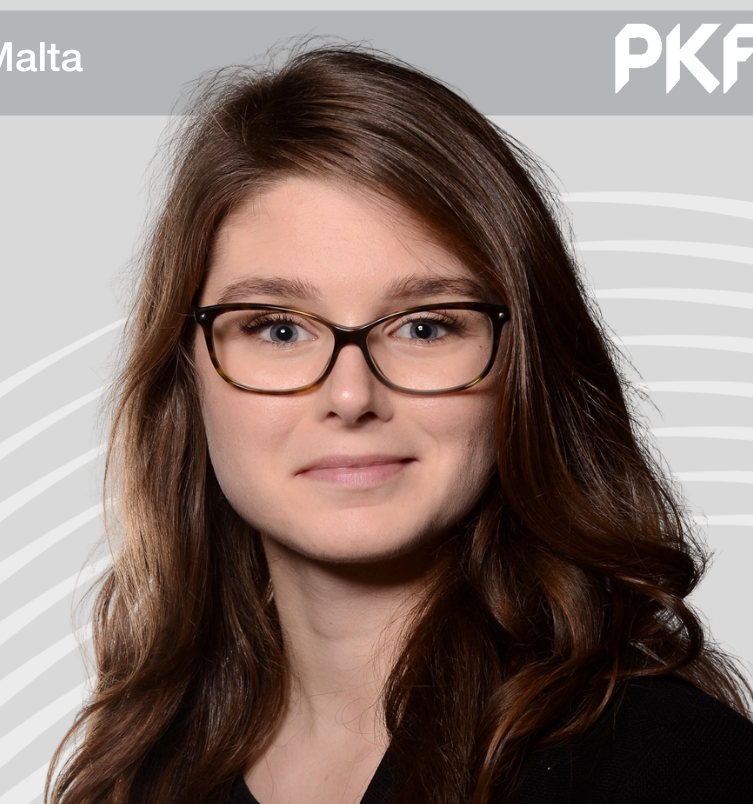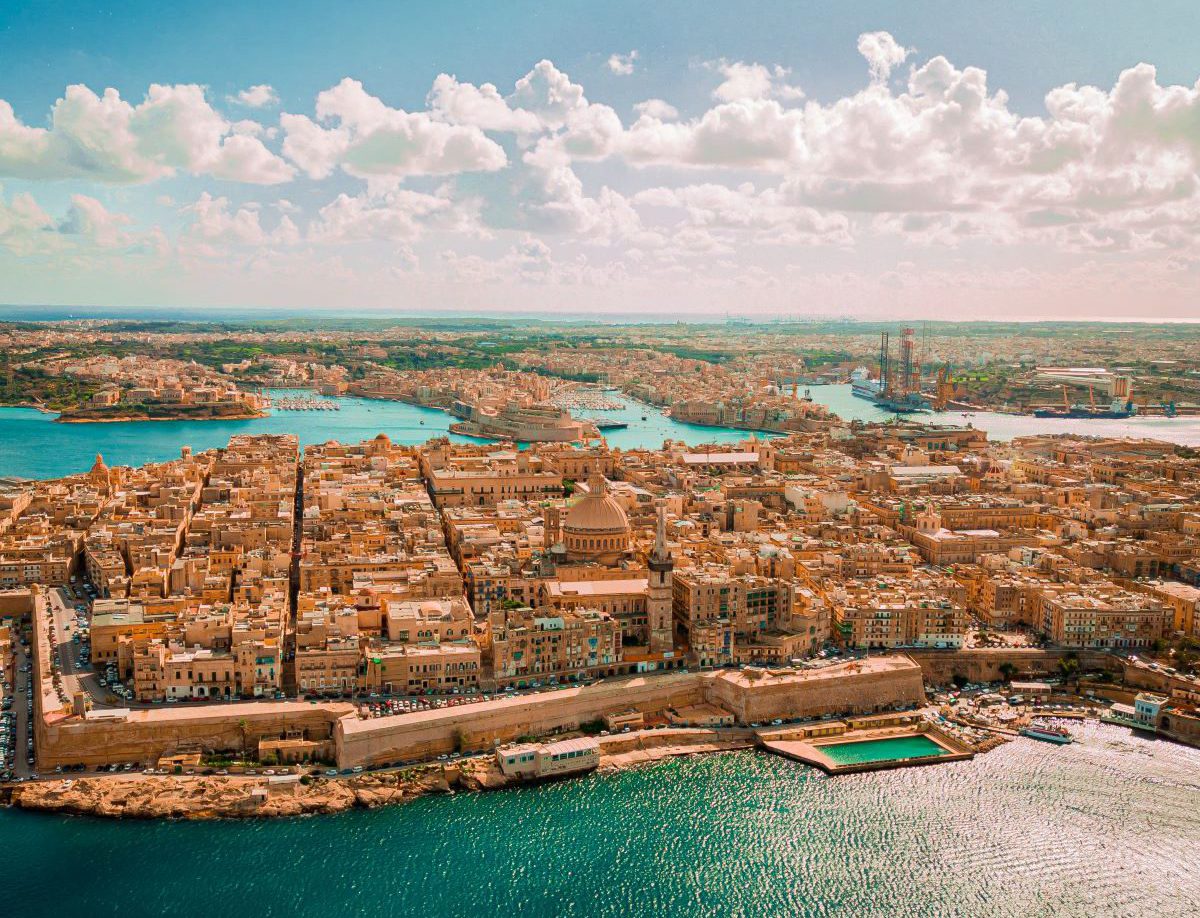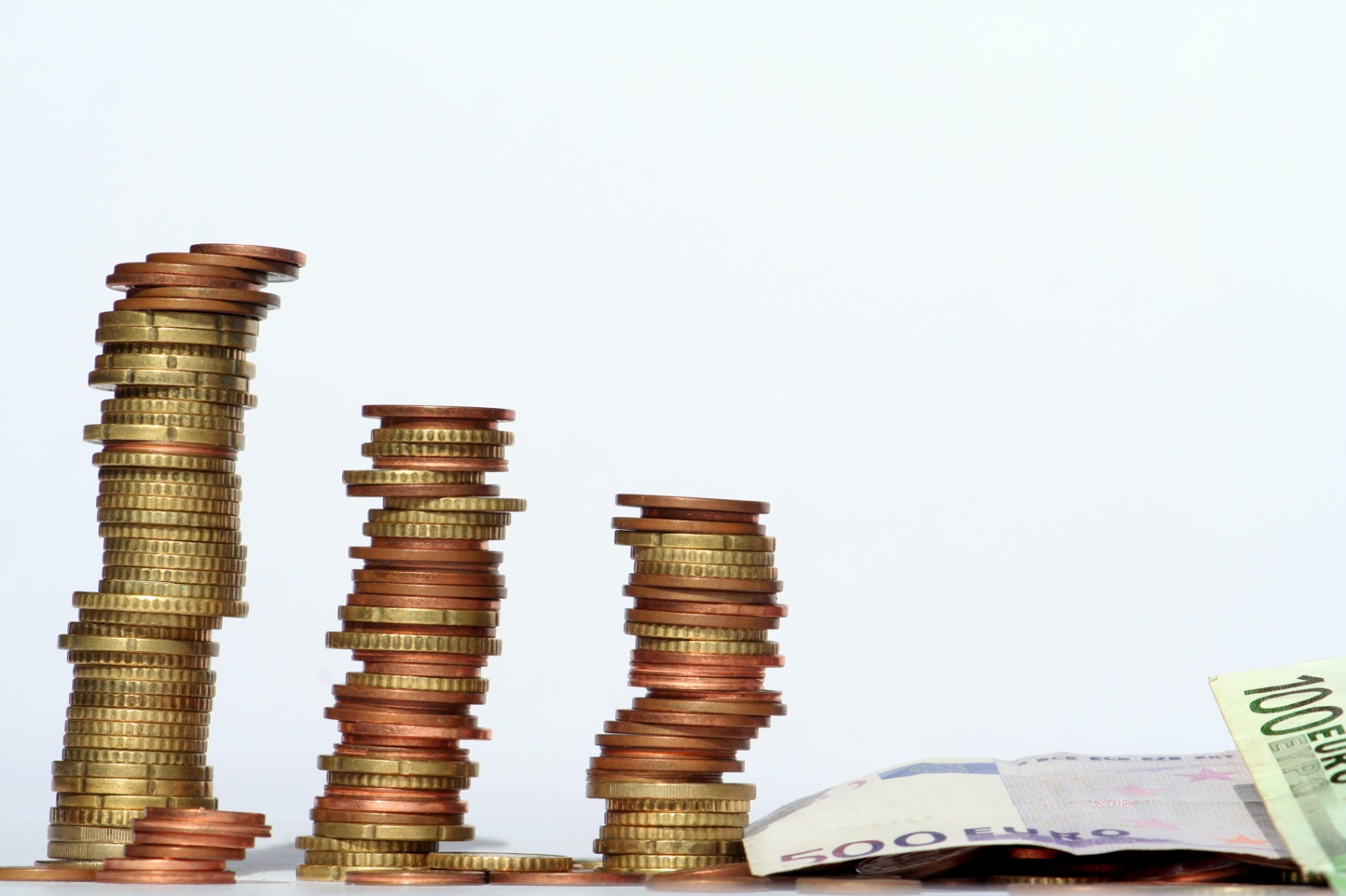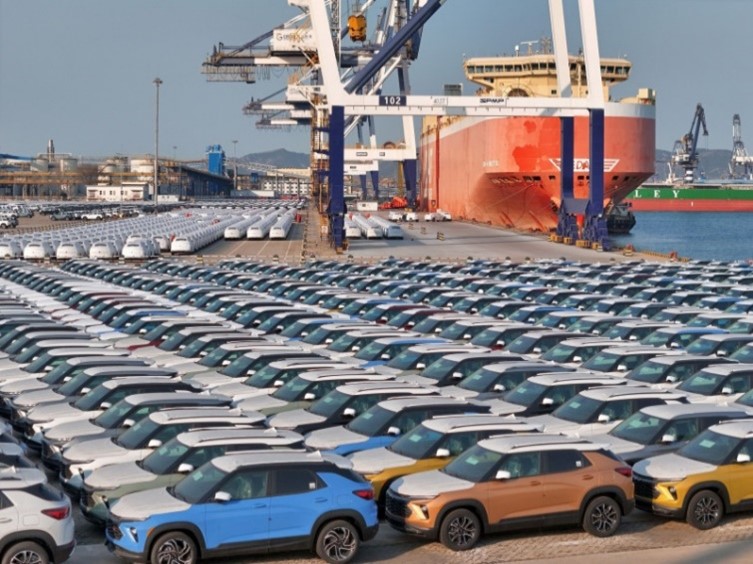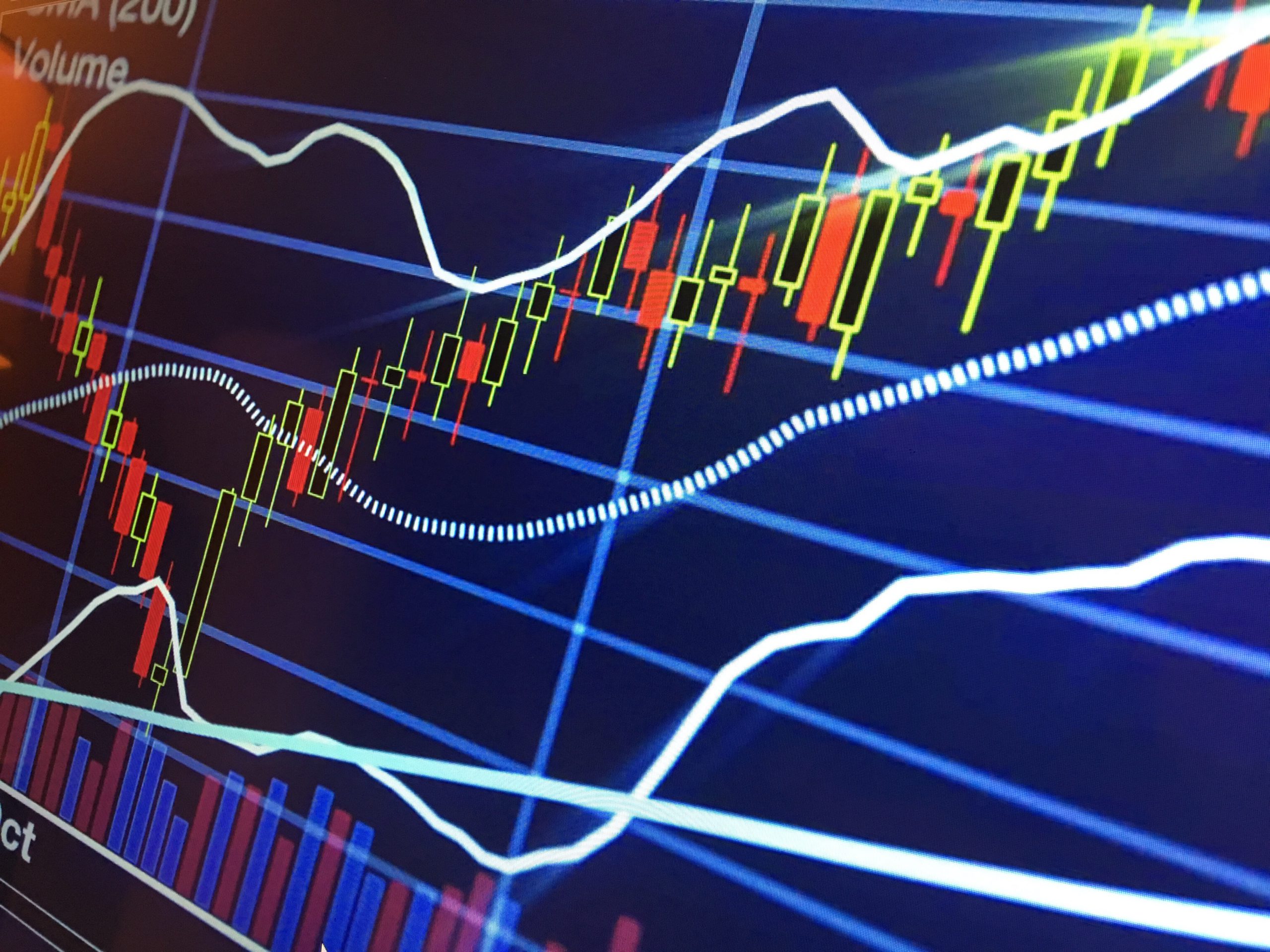Per definition, land reclamation also known as land fill is the gain of land from the sea, or other water bodies, to use lands that have been degraded by human activities like mining or impaired by natural phenomena. With today´s costs of purchasing land in some locations, it can be at least ten times more expensive to buy land than to reclaim. End-uses may be open space, wildlife habitat, agriculture, or residential and commercial development. The ideas on what to do with reclaimed land seem endless and only bound by one´s imagination.
However, the processes of land reclamation can cause long and short-term problems which are harmful and under circumstances even deadly to habitats.
Malta is not new to land reclamation and has realized multiple projects in the past. The Ċirkewwa land reclamation, Marsa Sports Grounds, the Msida infrastructure, the platform on which the Delimara power station stands, the thriving cruise liner industry in Valletta and the Cottonera jetties, and the Terminal Two of the Freeport in Birżebbuġa operating for almost three decades, already make land reclamation an omnipresent part of our life on the Maltese Island.
The idea of land reclamation on a large scale and its controversy has been around in Malta for two decades now. The constantly rising population is putting Malta in need of room to grow while the Island itself is simultaneously shrinking in size since made of soft stone facing erosion and rising sea levels.
Complaints of too much space consuming development, eye-soaring tall buildings maximising the utilisation of the land available, a long list of people seeking adequate accommodation, the struggle to find floor space for new factories and the limited availability of quarries as landfills get one thinking: Why not take a leaf from Singapore´s land reclamation policy and go for a large-scale land fill project solving the puzzle of a shrinking, outgrown Malta while creating opportunities for the construction industry, generating jobs and benefitting the Maltese economy?
It is indeed a controversial topic since development can only be economically viable if done on a massive scale – unfortunately always the detriment of our marine ecosystem. It seems like a game of give and take, of trade-offs, of vicious circles and glorious opportunities. Using the massive tonnage of debris of development projects – such as the sub-sea Gozo tunnel and the Metro when and if realized – as land extensions would put it to practical use leading to optimized resource management which is vital to surviving as a small island lacking indigenous material.
Land reclamation seems like the way forward for Malta if the available space is not managed and utilised wisely enough. If we don´t learn to practise frugality and work with what we have and protect what we have, dumping debris into the sea to claim new space will be the last resort. But even then, it is questionable if there would really be more space to breathe or if that newly conquered land will also be slowly but surely covered in concrete. It really depends on how the pressure will bend policymakers and benefit developers.
Since this controversy is sticking around it seems more important than ever for Malta´s future to keep the conversation going, to discuss and to keep producing ideas to eventually come up with a master plan for a sustainable environmentally friendly undertaking to tackle the obstacles of the future. In the next 10 years, it is the time for brilliant minds to sculpt our island in harmony with its ecological, aesthetic, and historical heritage. For sure Malta’s appearance will change in the next decade, man-made or not.
PKF Malta is a fast-growing, progressive firm specialising in audit & assurance, tax, advisory services, and internal audit insurance. Get in touch with us today via email at: [email protected] or contact us here.
Interest rate divergence ahead?
Inflation is falling faster than forecast in Europe, while exceeding expectations in the US
‘Made in China’ shock 2.0
To rebrand the local economy, China is now investing heavily in what president Xi Jinping calls the 'three new industries'
Sharp upturn across equity markets in Q1
The stock market's repeated strong recoveries highlights the importance for investors to have a long-term time frame


